|
Graham Joyce, The Silent Land, Gollancz, 2011. If you're looking for a beautiful and poetic novel about the human condition, that creates literary magic out of the mundane, and that also happens to be fantasy, I have just the thing for you. Zoe and her husband Jake are on holiday in a ski resort in the Pyrénées. They go skiing early one morning but they are caught in a snow avalanche. Miraculously, they manage to get out of the packed snow that has buried them. But when they come back to the village, the place is deserted, as if everyone has just left in a hurry. This short teaser can't be any longer or it would be too spoilery. But it's not the mystery of the novel that makes its interest. The perspicacious reader understands quite quickly what is happening. It's the struggle of the characters, Zoe and Jake, their hopes, their sacrifices, that make of The Silent Land a very striking novel. Graham Joyce was an amazing story teller and you can find evidence of it in each and every page: the descriptions, the actions, the characters' thoughts. As often in his novels, the depictions allie the mundane to the poetic, steeped in strangeness and fantasy. Joyce referred to his writing as "Old Peculiar" and many symbolic elements are evocative of folklore or of a larger truth, always elusive. The relationship between Zoe and Jake is beautifully told, from the most banal moments to the most heartbreaking. They all strike true: not only you are quickly invested in the characters but they also become embodiments of the human condition. The Silent Land is about life and death. It's a very moving novel, remarkable by how perfectly and poetically feelings are told. Graham Joyce passed in 2014 but he left us some unforgettable stories.
0 Comments
Your comment will be posted after it is approved.
Leave a Reply. |
All reviews are spoiler free unless explicitly stated otherwise.
I only review stories I have liked even if my opinion may be nuanced. It doesn't apply for the "Novels published before 1978" series of blog posts. Comments are closed, having neither time nor the inclination to moderate them. |
WHAT IS THE MIDDLE SHELF?
The middle shelf is a science-fiction and fantasy books reviewS blog, bringing you diverse and great stories .
PLEASE SUPPORT AUTHORS.
IF YOU LIKE IT, BUY IT. |
ON THE MIDDLE SHELF
|
KEEP IN TOUCH WITH THE MIDDLE SHELF
|
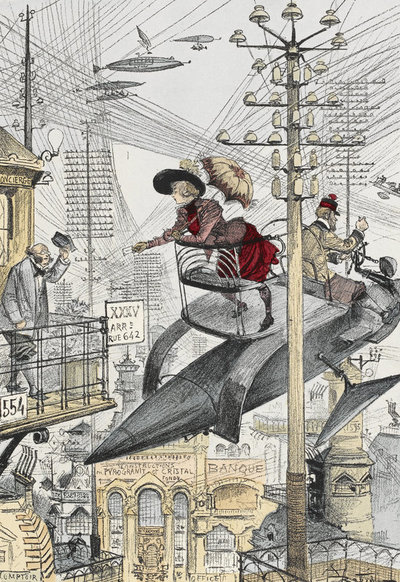

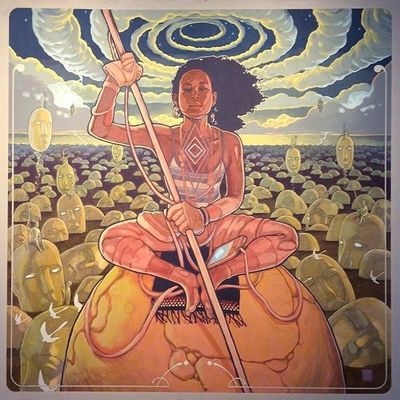
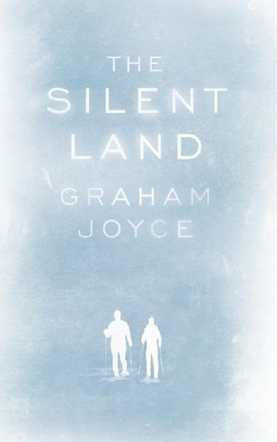
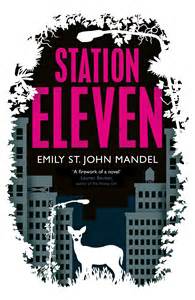
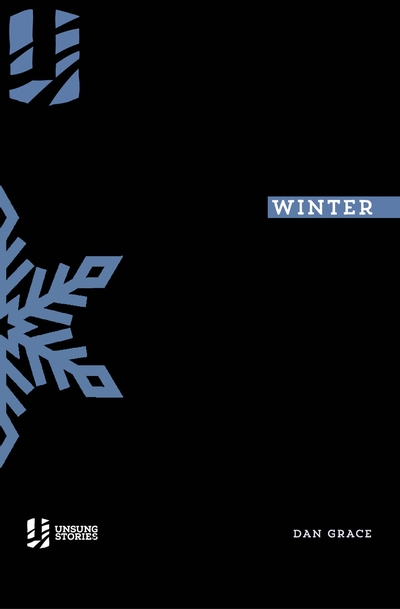
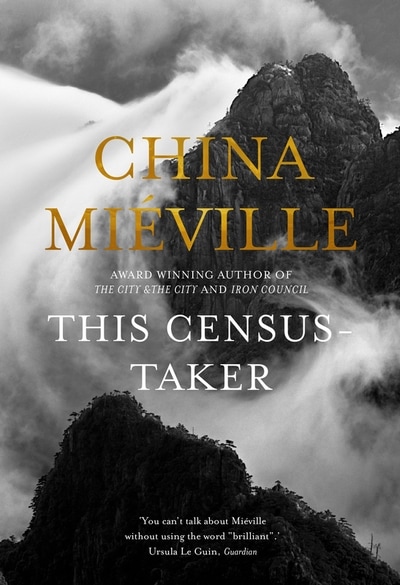
 RSS Feed
RSS Feed
